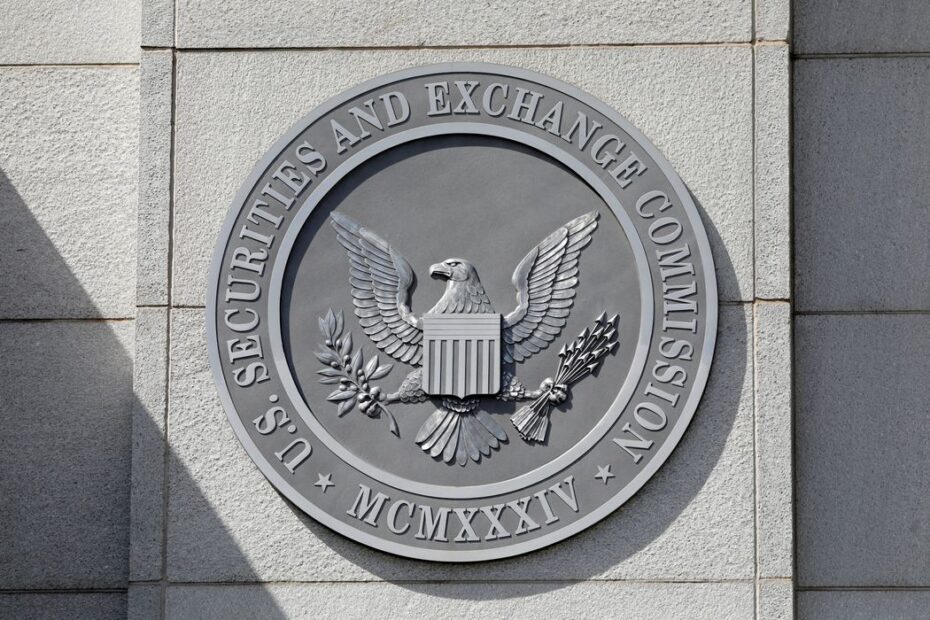SEC v. Jarkesy could vindicate a legal protection against the administrative state that the Founders fought for.
Nov. 26, 2023 wsj.com Editorial Board
The Supreme Court on Wednesday will hear the first of two landmark cases this term challenging the runaway administrative state. At stake in SEC v. Jarkesy is a bedrock constitutional principle that colonists fought to defend in the American revolution: the right to a trial by jury.
Congress in recent decades has expanded the enforcement powers of administrative agencies. The 2010 Dodd-Frank Act granted the Securities and Exchange Commission unbridled power to seek penalties administratively against any individual for violating securities laws. Democrats wanted to make it easier for the agency to punish misconduct.
Administrative tribunals let SEC prosecutors present hearsay evidence and unauthenticated documents that would be inadmissible in a traditional federal court. Defendants also enjoy fewer procedural protections including the tools of legal discovery. No surprise, then, that the SEC wins almost all cases it charges in-house. At the time of hedge-fund founder George Jarkesy’s administrative trial in 2014, the SEC had a 100% in-house victory rate versus 61% in federal court in 200 contested cases.
The SEC charged Mr. Jarkesy with securities fraud for allegedly inflating the value of fund assets, which the agency said allowed him to earn higher management fees. An administrative law judge (ALJ) ruled against Mr. Jarkesy. SEC commissioners upheld the ruling six years later, ordered him to pay a $300,000 penalty, and barred him from the industry.
Mr. Jarkesy appealed to the Fifth Circuit Court of Appeals, arguing that SEC tribunals violate his Seventh Amendment right to trial by jury. He also contended that multiple layers of for-cause tenure protections for ALJs from presidential removal offend the constitutional separation of powers. The Fifth Circuit ruled for Mr. Jarkesy on all counts.
In its High Court brief, the SEC argues the Seventh Amendment applies only when private—not public—rights are at stake. Earlier Court decisions have exempted claims from the right to a jury trial if they involve public rights such as government-granted benefits and privileges.
The SEC tries to muddy the public-private distinction by arguing that public rights are at stake whenever the government sues on behalf of the “public” to enforce laws. But as Mr. Jarkesy points out, the SEC is seeking to deprive him of a core right for a common-law offense that he allegedly committed against other private citizens.
The historical record supports his argument. Today’s administrative tribunals resemble those that the British government used to punish colonists and religious dissidents before the revolution. The British government used jury-less admiralty courts to impose civil penalties on colonists for violating the Sugar and Stamp Acts.
The Declaration of Independence cited the denial of “the benefits of trial by jury” as one of the colonists’ chief grievances. The Founders pushed to enshrine the right in the Constitution to prevent the new Congress from creating special forums to adjudicate civil penalties as Parliament and the King had done.
A jury trial in federal court ensures due process for defendants and protects against abuses of enforcement power. Underscoring this point, SEC enforcement staff were found in Mr. Jarkesy’s case and dozens of others to have improperly accessed privileged legal memos of agency lawyers involved in adjudicating their cases.
As for double removal protections for ALJs, the SEC says they are constitutionally permissible if deemed “best for the public interest.” But it proposes no limiting principle. ALJs can be fired only for “good cause” by a Merit Selection Review Board whose members can be removed only for “inefficiency, neglect of duty, or malfeasance in office.” In Free Enterprise Fund (2010), the Court struck down a similar scheme that insulated members of the Public Company Accounting Oversight Board with two layers of tenure protection.
Progressives say a ruling for Mr. Jarkesy would gut the administrative state, which is what they always say. But the SEC and other federal agencies could continue to litigate cases in-house that involve truly public rights such as veterans benefits and asylum claims. But they would have to go to federal court to impose civil penalties for common-law offenses.
Restoring the originalist interpretation of the Seventh Amendment would strengthen safeguards against tyrannical government.
